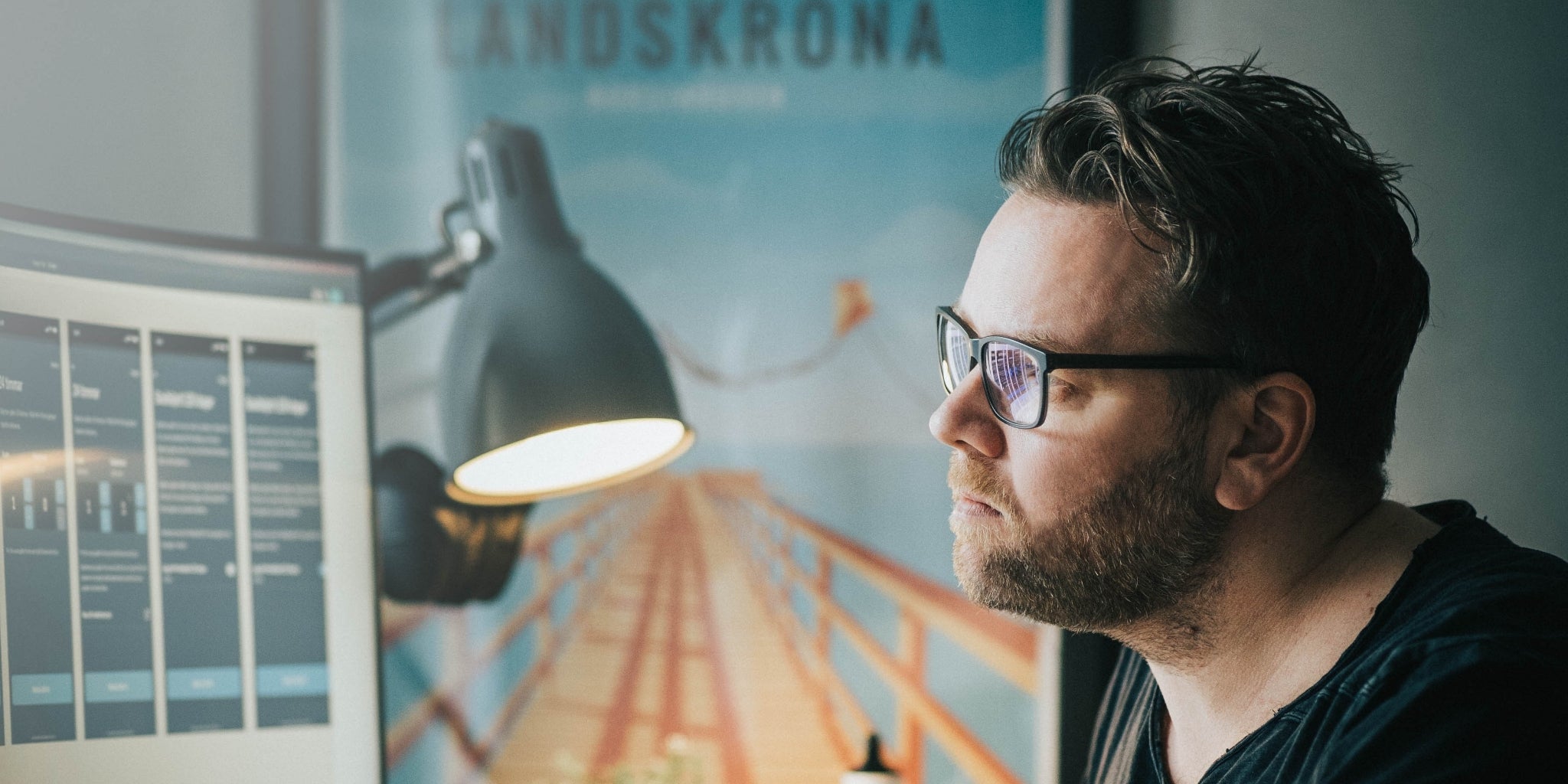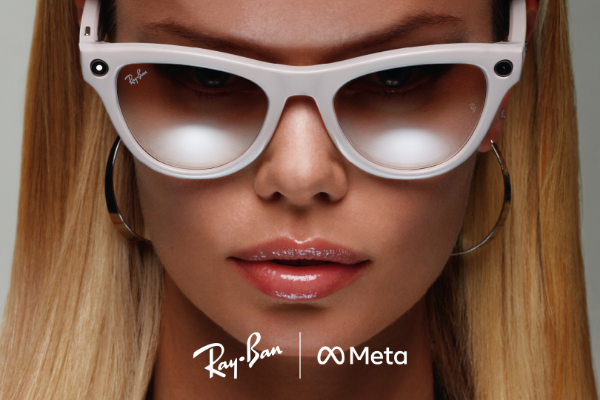
How Can Blue Light Filters Help Your Eyes?
Everyone is talking about blue light and blue light filters. What are they actually and why are they necessary??
Framesfoundry explores the vast amount of literature out there and lays down the nitty gritty..
No matter, how you want to count this, we spend an average of 4 hours or more on any one device. That’s a quarter of your waking hours in a day approximately. The Nielson, Pew Research Center.com scores that we spend about 1.5 hours on the top 5 social media platforms
- Snapchat
- YouTube
But why are medical professionals bothered?
What exactly is blue light??
“Blue light is the portion of the visible light spectrum with the shortest wavelengths (400 to 500 nanometres or nm) and with the highest energy, hence it is often referred to as high-energy visible (HEV) light,” according to Dr David Friess, OD, FAAO, of the Eyesafe Vision Health Advisory Board.
The eye does not block blue light well. The cornea and lens block UV rays from reaching the back of the eye (the retina) but blue light passes through these structures and can reach the retina.
“There are also two primary areas of blue light highlighted,” Friess says. One kind of blue light damages cells of the retina, while other blue light affects our wake/sleep cycle.
Blue light is everywhere, and it can throw off our natural body clocks.
“We get constant exposure to blue light from ambient sunlight, computer screens, tablets and mobile phones,” said Dr Rohit Varma, MD, MPH, founding director of Southern California Eyecare and Vision Research Institute.
“The brain associates blue light as daytime, so if a person is exposed to blue light for long periods of time during the night, blue light makes it more difficult for us to fall asleep at night and wake up in the morning,” Varma said.
Whilst not enough evidence exists on the exact amount of blue light you can be exposed to before showing serious side effects, “long-term exposure to screen light can have some intense serious side effects,”
Most patients come in complaining of headaches or migraines, loss of sleep and sometimes disorientation, amongst other symptoms says UK Optometrist Amnah Noori
She went on to add that many people are viewing their screens too close up to them, be it their laptops, display screens or mobile devices. That itself would cause strain on the eye muscles when staring too long causing visual fatigue.
Late-night screen time throws off sleep patterns because blue light affects melatonin (the sleep hormone) levels. Blue light disrupts sleep signals, and less melatonin is generated causing us to not get into fitful sleep, waking up tired, feeling less refreshed.
So, what can you do?
- Reduce screen time
- Use spectacles with blue light filters
- Have filters set in your devices.
At Framesfoundry we have blue light filter options available on our website which you can select when finalising your lens choices.
The Blue light filter option we use is a specific coating on the lens that blocks the harmful blue light from entering the eye. This allows for more restful vision through the day when using devices. The benefit is that you can be on multiple devices through the day and still be protected. Many patients have reported less fatigue and better sleep when taking measures to reduce the screen time and using some form of digital screen protection. Having eyeglasses with the blue light filter will also benefit those who have NO prescription as we can place the filter ON a zero (Plano) powered lens.
There are other lenses that deal specifically with fatigue on the screen and when driving. These are for those who complain of visual discomfort due to glare and light disturbance. They experience visual blur, letters that appear to vibrate on the screen followed by headaches or visual migraine. For these, a special lens, called a VISTA MESH by Norville is very effective in improving the visual discomfort. Ask Framesfoundry for more details.
In short, action should be taken for some blue light protection. Be it through glasses, screen time awareness and or using inbuilt filters in your devices. The choice is yours.
Framesfoundry recommends the 20/20/20 approach: “Every 20 minutes, look 20 feet away for 20 seconds. This allows the eyes to come back to normal.”
For further reading about VDU screen advice, please read our blog, Have I got eyes for you?.
